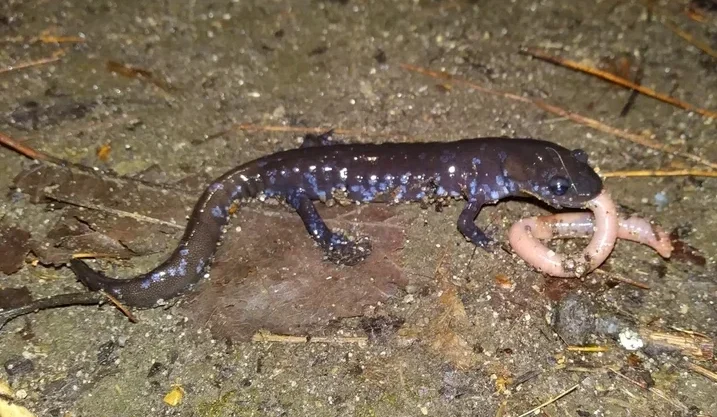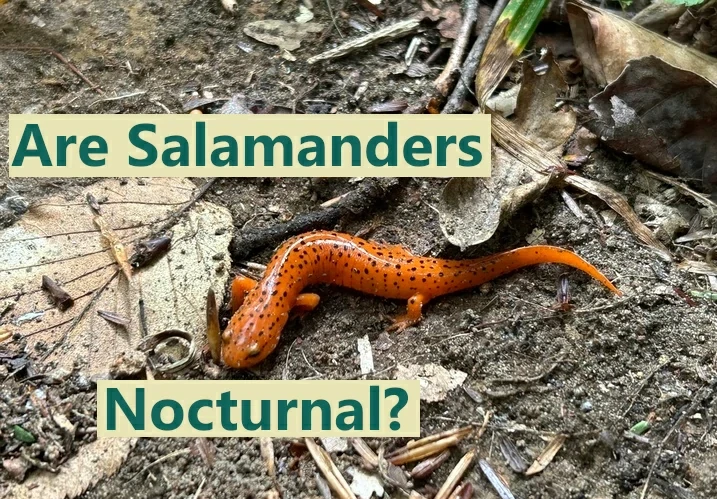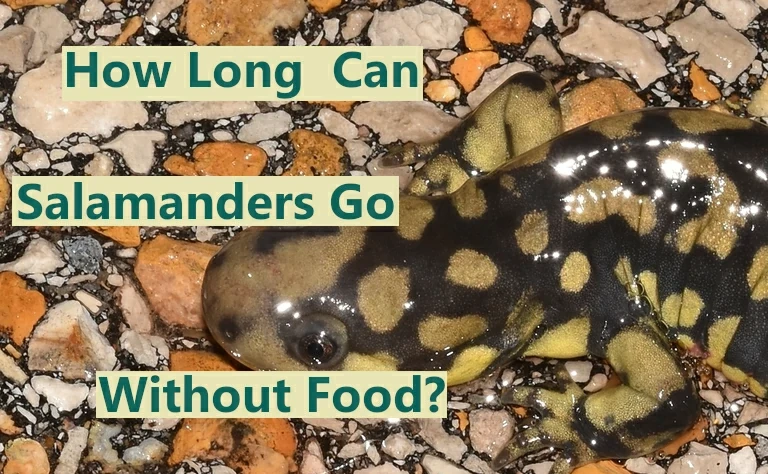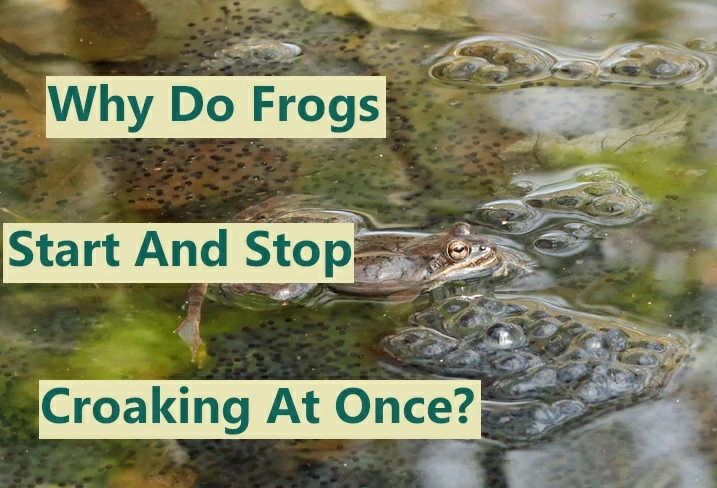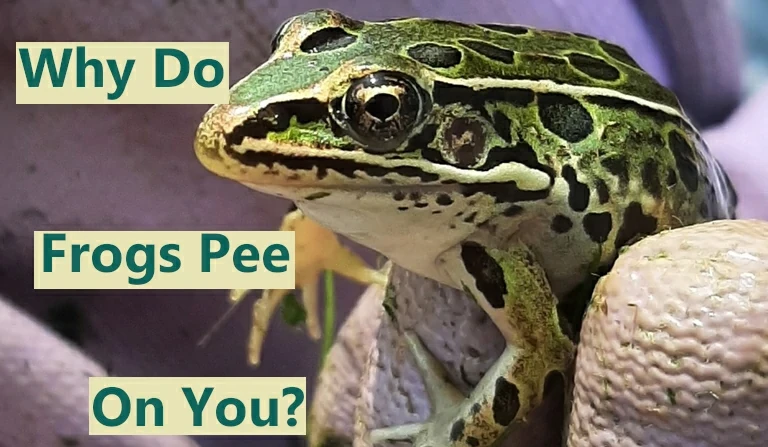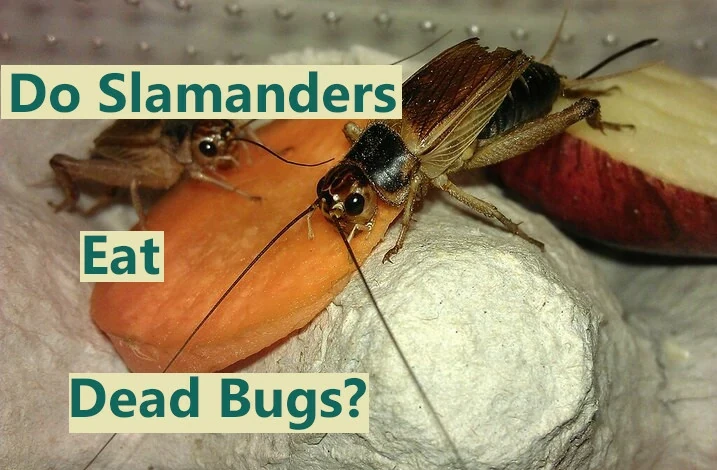Do Salamanders Need UVB? (What Helps Them Stay Healthy)
Salamanders are interesting creatures often kept as pets. But have you ever wondered, do these secretive little animals actually need UVB light? Some salamanders do benefit from UVB, but it really depends on the species and how they live. Not all salamanders are the same. Some spend most of their lives underground or in dark … Read more

